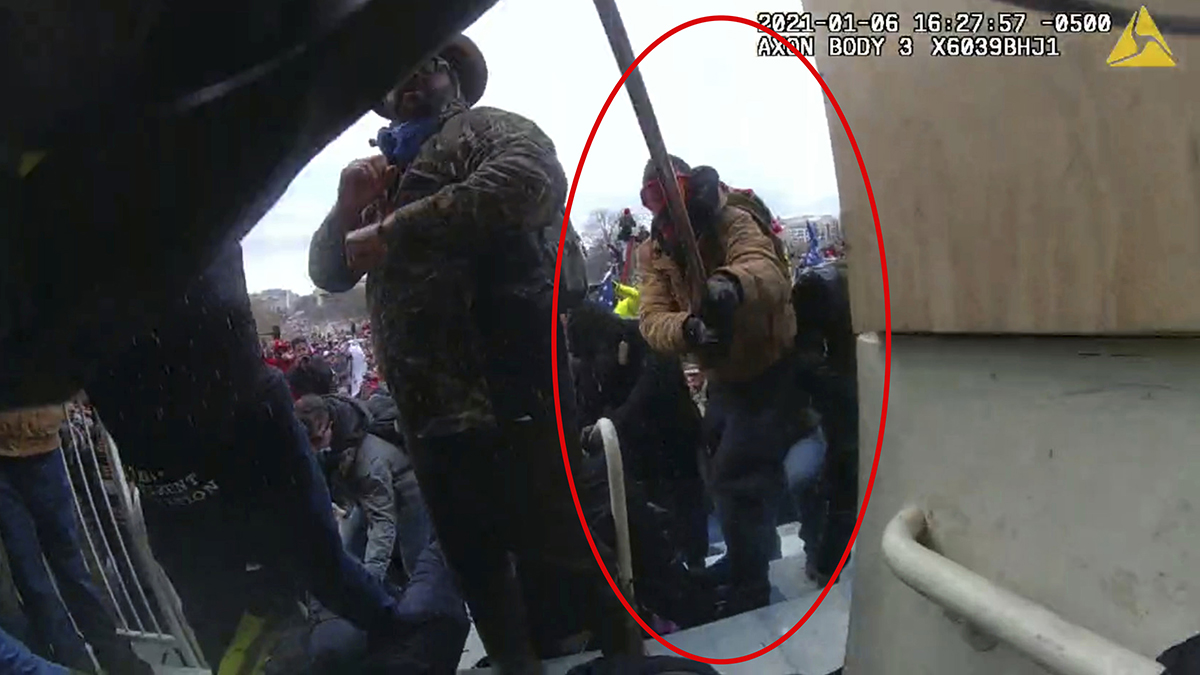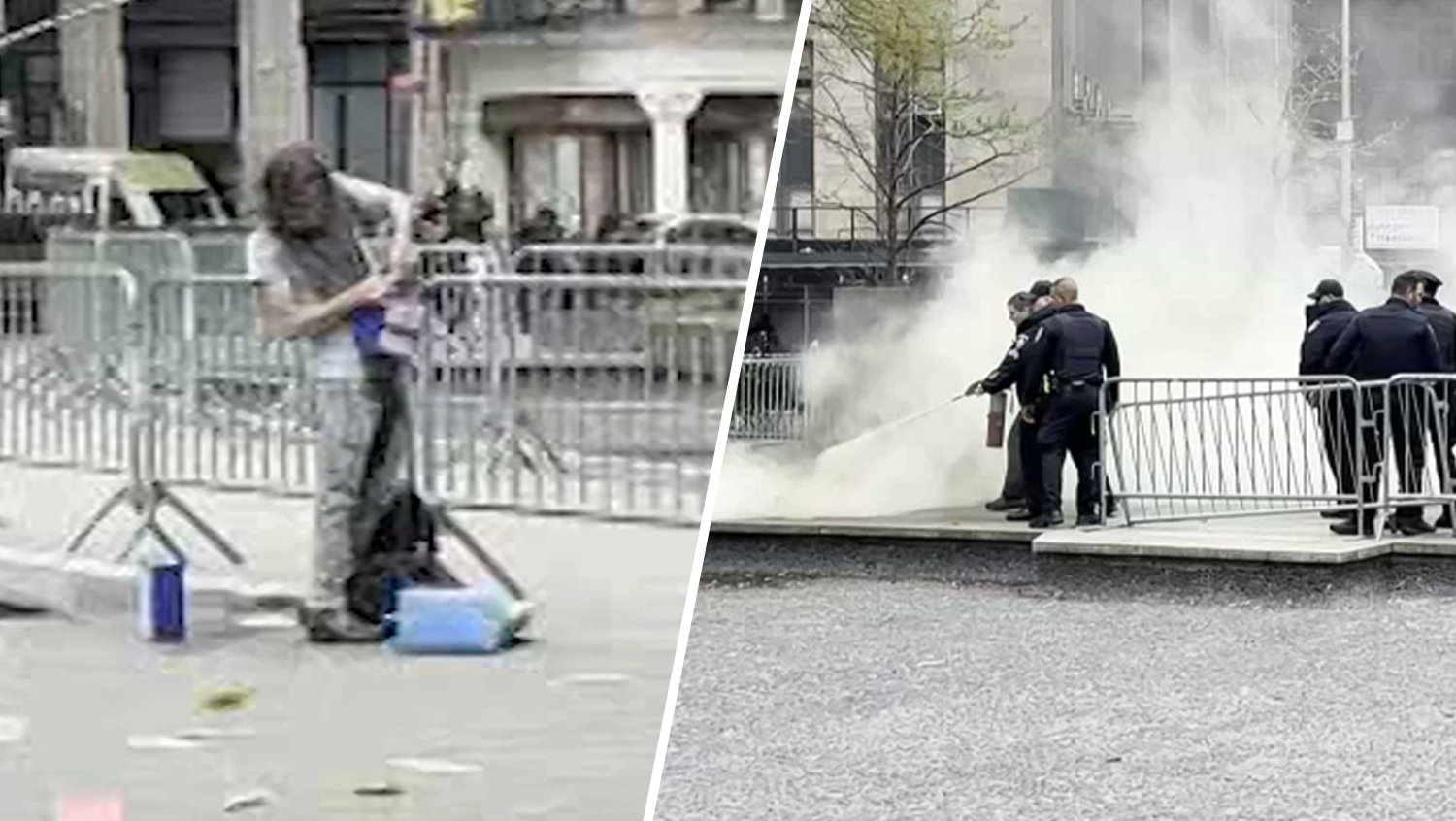On days when I don’t feel like seeing any people, I go to Hawthorne Race Course, at the corner of 35th and Laramie, in Stickney.
On the way in, I stop to bump fists with Dino, the parking lot attendant. Dino sees everyone who goes in and out of the track. He doesn't see many people these days.
“Aw, it’s terrible,” he said, in the put-upon tone that all horseplayers learn after throwing away a few thousand tickets. “There used to be a guy here, the Greek, he did 25 percent of the handle. He had two or three runners. Mike the Thief—he used to make a living just by skimming money off the Greek.”
When I go inside, I see a few of my racetrack buddies. Snow, the “stooper” who picks up tickets off the floor, looking for a tossed-away winner. Plumber Bob, whose jeans sag like those on the man who comes to fix the sink. Blonde Jimmy, who’s so focused he never makes eye contact with anyone but a horse. We’re the regulars, but we make $5 bets with soiled bills from Velcro wallets.
Of the $1.5 million wagered on Hawthorne's races the Saturday I visited, only 4 percent or 5 percent comes from the track. Most is from off-track betting parlors and computer wagering accounts. Hawthorne is so depopulated that a few years ago, management closed off half the grandstand. It was too expensive to heat.
In racetrack photographs from the Roaring ’20s, the crowds are so thick that the apron looks like it was cobbled with straw boaters. As late as the 1980s, Sportsman’s Park drew 10,000 fans to its evening harness races. But the OTBs and the riverboat casinos lured away casual gamblers, and now only the broken-down horseplayers are left.
On Wednesday, the Illinois Senate passed a bill, long coveted by the horse racing industry, to allow slot machines at Hawthorne and other race tracks. The bill now must pass the Senate, and earn the signature of Gov. Pat Quinn, who has expressed skepticism.
Politics
“I’m not for a top-heavy expansion of gambling,” he said Wednesday.
It’s too late to stop that. Gambling has been expanded dramatically since the days when a race track was the only legal place to get a bet down in Illinois. Lotteries and casinos have cut into horse racing’s monopoly, yet the racetracks are still expected to maintain expensive grandstands and feed their horses. It’s only fair that the original gambling palaces should be allowed to keep up with the public’s taste in gambling.
Compare Hawthorne to Prairie Meadows, a Des Moines, Iowa, “racino” which added slot machines after going bankrupt as a mere racetrack. The parking lot is crowded. The soft drinks are free. You have to walk through acres of blipping slot machines to find the racetrack, and the few gamblers still watching the races. But at least the horses and the horseplayers are still there.



